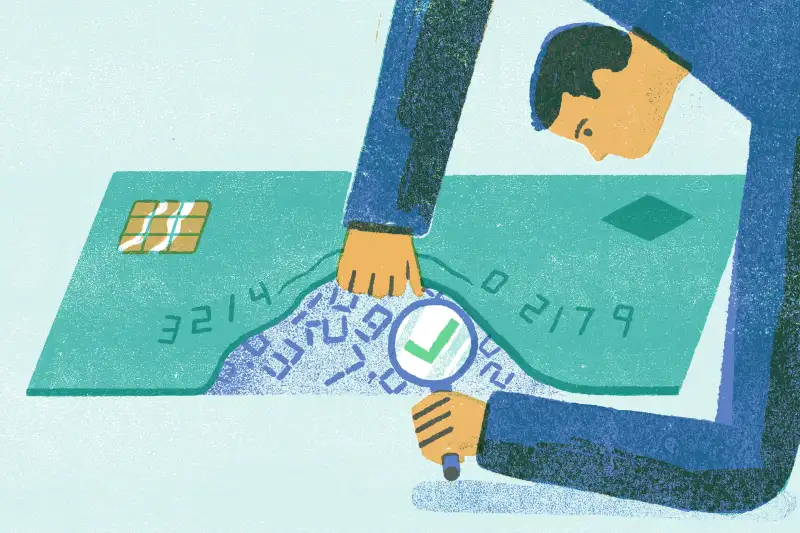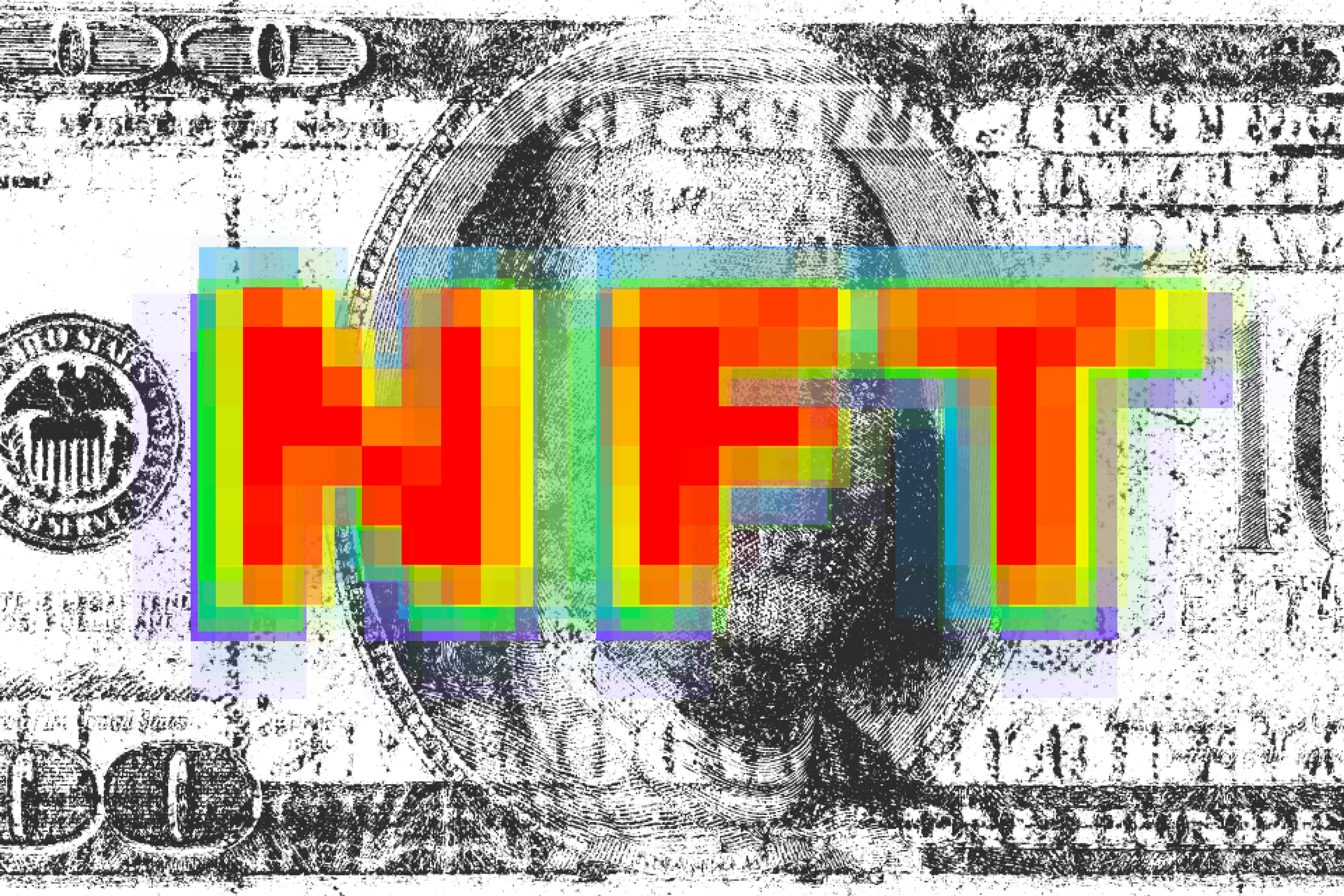Hard vs. Soft Credit Check: What's the Difference, and What Do They Mean for Your Credit Score?

A ding on your credit score sounds bad. And if you’re applying for a loan or line of credit and a lender reviews your credit report, you could definitely see that hit to your credit score.
But experts say not to worry.
“One single inquiry is not going to send your credit score to the basement,” says Bruce McClary, vice president of communications for the National Foundation for Credit Counseling. “It’s going to have a temporary impact on your credit that is maybe barely noticeable.”
Here’s why.
What is a hard credit report inquiry?
Let’s start with what a hard inquiry is, versus a soft inquiry. A hard credit report inquiry is when someone who you’ve authorized to do so checks your credit history when you apply for new credit, like a mortgage loan or a credit card.
It’s different from a soft inquiry, which happens when you check your own credit report, or allow someone else — like a potential employer — to do so. Soft inquiries can also happen when a company (like an insurance firm) checks your credit to pre-approve you for an offer.
Rod Griffin, senior director of public education and advocacy for Experian, says the credit reporting agency sees relatively few hard inquiries from people because most people aren’t “applying for lots of credit all the time.” Usually, it’s once or twice a year.
How will a hard inquiry impact your credit score?
Don’t overthink the fact that a hard inquiry will lower your score.
“People tend to get a little stressed about the impact of an inquiry on their overall score, when in fact, inquiries are one of the smaller influences on your overall credit score,” McClary says. The biggest factor is your payment history, closely followed by the amount you owe.
A hard credit inquiry will knock 5 to 10 points off your overall FICO score on average (that score is used to determine how likely you are to pay back a loan). The full range for a score is 300 to 850.
And it’s temporary. If you do everything else right — like paying your creditors on time and keeping your balances low — the hard check can be offset in a couple of months, McClary says.
In other words, your creditworthiness overall is going to say more than the small point deduction.
“In order for an inquiry to be a meaningful factor, you have to be in a situation where your scores are marginal already,” Griffin adds. “[That] would mean there would have to be other more serious factors already in the credit history.”
Still, strategize your credit checks
While a hard inquiry or two is “really nothing to worry about,” there are certain times when you don’t want to open up new lines of credit — and get that hard credit check. For example, if you're planning to make a major credit purchase (like an auto or mortgage loan), it's better to hold off on applying for other new kinds of credit around the same time. This is especially the case with mortgages, Griffin adds, as the application process can take months.
“You just have to be selective,” McClary says. Five to eight credit applications for new lines of credit over 60 days may have a more pronounced effect on your credit score and be an indicator of risk to a lender.
The exception is when multiple inquiries over a short period of time have the same impact as one inquiry, which can be the case when you're shopping for for auto loans, mortgages and student loans, McClary says. For example, if you’re at a car shop and work with a dealer to find the best financing, they might take your information and shop around for several different financing offers. Financing furniture and jewelry are other cases in which this might come up. Keep in mind, although the impact will be the equivalent of one inquiry, all of them will show up in the details of your credit report.
“It may cause the individual to freak out when they see it if they don’t know the details behind the scene,” McClary says, but the details are there so you know who has looked at your report. “It’s better that you know who is looking at your credit report.”
And if a lender asks about it, just tell the truth, he says: you were looking for the most competitive deal.
More from Money:
The Recession Is Already Having an Impact on Americans' Credit Scores
Not All College Debt Is Created Equal: 6 Ways Private Student Loans Are Riskier Than Federal Loans



